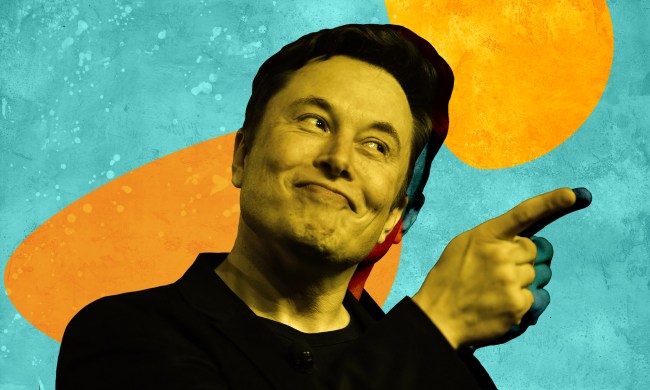Twitter announced on Wednesday that it will stop hosting political ads on its platform, with CEO Jack Dorsey saying that allowing targeted paid political ads pushes unwanted messages on users, especially by ad buyers who game the system.
“We’ve made the decision to stop all political advertising on Twitter globally. We believe political message reach should be earned, not bought,” Dorsey said in a tweet that immediately was liked and shared tens of thousands of times.
We’ve made the decision to stop all political advertising on Twitter globally. We believe political message reach should be earned, not bought. Why? A few reasons…🧵
— jack (@jack) October 30, 2019
Dorsey followed his tweet with a number of subsequent tweets explaining the decision.
“A political message earns reach when people decide to follow an account or retweet. Paying for reach removes that decision, forcing highly optimized and targeted political messages on people. We believe this decision should not be compromised by money,” he tweeted.
Dorsey added,” While internet advertising is incredibly powerful and very effective for commercial advertisers, that power brings significant risks to politics, where it can be used to influence votes to affect the lives of millions.”
Dorsey also seemed to accept Twitter’s role in influencing those votes.
“We have witnessed abuse, harassment, troll armies, manipulation through bots and human-coordination, misinformation campaigns, and increasingly divisive echo chambers,” Dorsey said. “We aren’t proud of how people have taken advantage of our service, or our inability to address it fast enough.”
The ban on political ads goes into effect November 22, and Dorsey said more information will come about the policy on November 15. He said that certain ads with political nature, such as those in support of voter registration, will be an exception.
Twitter’s announcement comes after Facebook announced that it would not ban political ads, including ones that contained false or misleading information. During a hearing with Congress last week, Facebook CEO Mark Zuckerberg was grilled on that decision, and many members of Congress encouraged him to change his mind on the political ad policy. Zuckerberg argued that political advertising is more transparent on Facebook than anywhere else, and added that political ads are an essential form of free speech.
It seems Dorsey took a slight dig at Facebook’s decision on political ads. In his line of tweets, he tweeted, “For instance, it‘s not credible for us to say: “We’re working hard to stop people from gaming our systems to spread misleading info, buuut if someone pays us to target and force people to see their political ad…well…they can say whatever they want! ;)”
For instance, it‘s not credible for us to say: “We’re working hard to stop people from gaming our systems to spread misleading info, buuut if someone pays us to target and force people to see their political ad…well…they can say whatever they want! 😉”
— jack (@jack) October 30, 2019
Dorsey closed out his tweetstorm with, “This isn’t about free expression. This is about paying for reach. And paying to increase the reach of political speech has significant ramifications that today’s democratic infrastructure may not be prepared to handle. It’s worth stepping back in order to address.”
Digital Trends reached out to Twitter for more context on the announcement, and we’ll update this story once we hear back.



